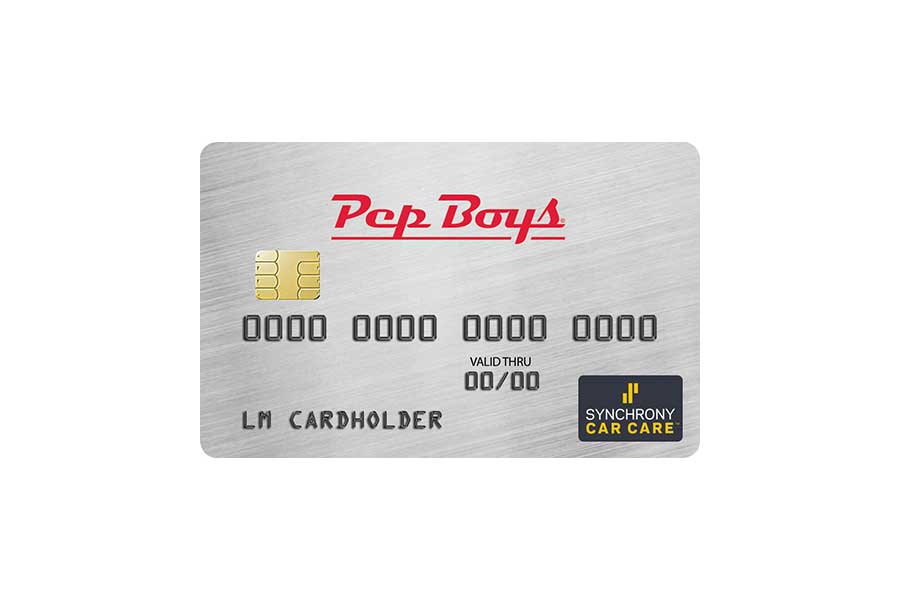The Pep Boys credit card is a convenient financing option for those looking to manage automotive expenses with flexible payment plans and exclusive promotions. Issued by Synchrony Bank, this card can be useful for frequent Pep Boys customers who want to take advantage of special financing offers. However, approval depends on more than just your credit score. Lenders evaluate your entire financial profile, including income, existing debt, and overall credit history.
Before applying, it’s essential to assess your credit health and take steps to strengthen your profile. A well-managed credit history and responsible borrowing habits can improve your chances of securing approval and better terms.

Credit Score Requirements for a Pep Boys Credit Card
A credit score of at least 630 is typically recommended for a Pep Boys credit card. This falls within the fair credit range, meaning applicants with this score or higher have a better chance of approval. However, credit card issuers consider multiple factors beyond just your credit score. Payment history, credit utilization, and recent credit inquiries all play a role in the decision-making process.
Applicants with a solid history of on-time payments and low debt balances are more likely to receive favorable terms. If your credit score is on the lower end, making strategic financial improvements before applying can help boost your approval chances.
The Pep Boys Credit Card Application Process
First, familiarize yourself with the Pep Boys credit card requirements. Like most credit card issuers, Pep Boys looks for applicants with a strong credit history, steady income, and low credit utilization. Keep in mind that if you’ve applied for multiple credit cards recently, numerous inquiries on your credit report could negatively impact your chances of approval.
To improve your odds of getting the green light, follow these steps:
- Review your credit reports: Obtain your credit reports from the three major credit bureaus – Equifax, Experian, and TransUnion – and thoroughly review them for accuracy. You’re entitled to one free report from each bureau every 12 months through AnnualCreditReport.com.
- Dispute inaccuracies: If you find any errors on your credit reports, such as incorrect payment history or account balances, file a dispute with the appropriate credit bureau. Rectifying mistakes can give your credit score a boost.
- Pay down debt: Aim to keep your credit utilization ratio – the percentage of available credit you’re using – below 30%. Paying off outstanding balances and avoiding maxing out your credit cards can improve your score and demonstrate responsible credit usage to potential lenders.
- Pay bills on time: Establish a consistent payment history by always paying your bills on time. Late payments can hurt your credit score and remain on your report for up to seven years.
- Diversify your credit mix: A diverse credit portfolio, including a mix of installment loans and revolving credit, can positively impact your score. However, only take on new credit if you can manage it responsibly.
- Limit new credit applications: While it’s tempting to apply for multiple credit cards or loans, each application results in a hard inquiry on your credit report, which can lower your score. Be selective and apply for credit sparingly.
Finding Ways to Improve Your Credit
If your credit score isn’t quite where it needs to be, there are steps you can take to improve your financial standing before applying. Addressing negative marks on your credit report, reducing debt, and maintaining a consistent payment history can all contribute to a stronger credit profile.
For those who need additional support, professional credit repair services may be an option. Credit Saint specializes in disputing and potentially removing negative items from credit reports, such as late payments, collections, charge-offs, foreclosures, repossessions, and bankruptcies.
To learn more about how credit repair services could help improve your credit score, visit their website for a free credit consultation.



